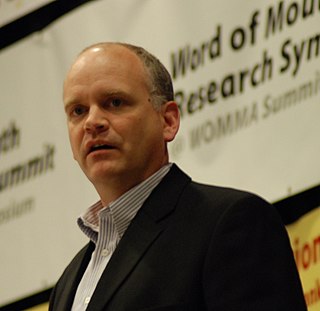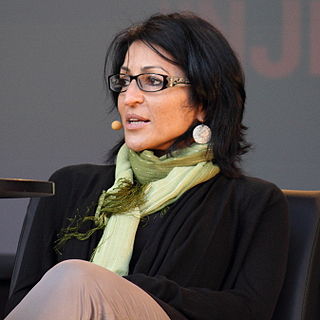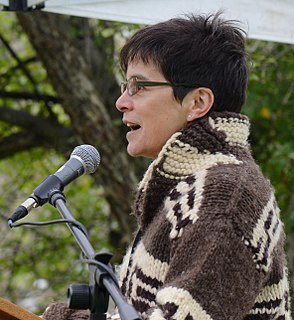A Quote by Elisabeth Kubler-Ross
The five stages - denial, anger, bargaining, depression, and acceptance - are a part of the framework that makes up our learning to live with the one we lost. They are tools to help us frame and identify what we may be feeling. But they are not stops on some linear timeline in grief.
Related Quotes
We’ve all heard of Dr. Elisabeth Kubler-Ross’ five stages of grief: denial, anger, bargaining, depression, and acceptance. In contrast, I realized, happiness has four stages. To eke out the most happiness from an experience we must: anticipate it, savor it as it unfolds, express happiness, and recall a happy memory.
If you draw the entire timeline of humanity from the time humans first trod until today, let's just assume that's 10 feet on a timeline. My time on that timeline is so small that you couldn't point it out. Let's say it's smaller than a grain of sand, in that whole 10-foot timeline of humanity. And when I lost my hearing, it happened to coincide with human technology advancing to the point that the cochlear implant existed. If I had lost my hearing five years earlier, I would have had to quit my job. I would have lost my career. I've always been kind of in awe of that reality.
The roots of our grief coil so deeply into loss that death has cometo live with us like a family member who makes you happy by avoidingyou, but who is still one of the family. Our anger is a rage that Westerners cannot understand. Our sadness can make the stonesweep. And the way we love is no exception
Confronting our feelings and giving them appropriate expression always takes strength, not weakness. It takes strength to acknowledge our anger, and sometimes more strength yet to curb the aggressive urges anger may bring and to channel them into nonviolent outlets. It takes strength to face our sadness and to grieve and to let our grief and our anger flow in tears when they need to. It takes strength to talk about our feelings and to reach out for help and comfort when we need it.
Believe it or not, entertainment is part of our American diplomacy, it is part of what makes us exceptional, part of what makes us such a world power. Hundreds of millions of people may never set foot in the United States, but thanks to you, they've experienced a small part of what makes our country special. They've learned something about our values. We have shaped a world culture through you...in a way that has made the world better.
Anger is generally seen as an unwelcome presence in our midst, however natural it may be. Although each person, and each society, is charged with how anger is to be appropriately channeled, the denial of anger, or its continuous repression, is a deep source of our psychopathology and will invariably seek its expression in a less healthful fashion.




































